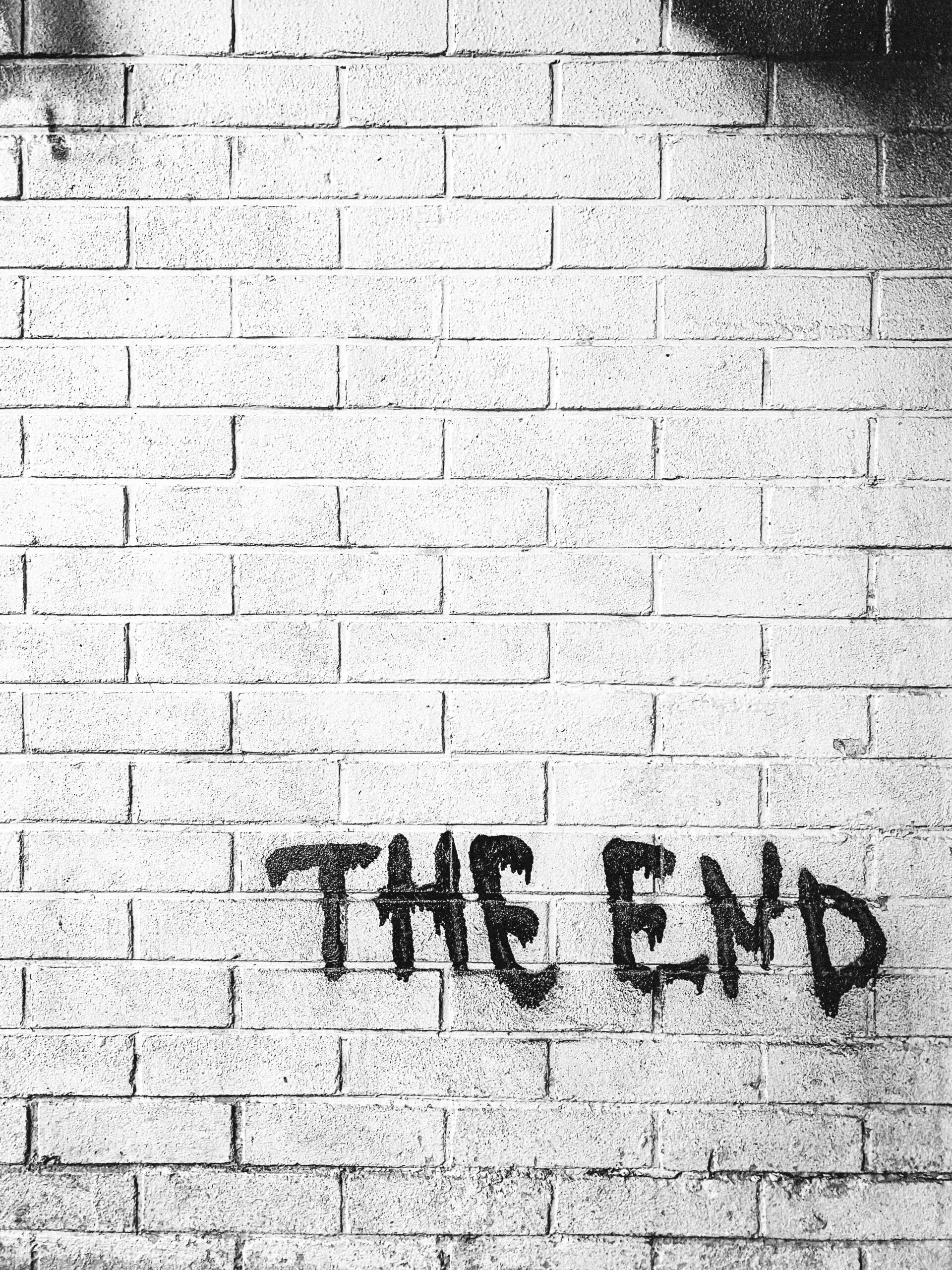
If we’re going to have the big mental health conversation, there’s something that we need to get out of the way first. It’s a hard conversation. I mean really hard. And I’m not talking about all the baggage that comes with it like the embarrassment, stigma, shame, resentment, and all that. Those are real and I hope to talk about them. But, even in a perfect world where everyone is open and accepting and supportive and curious, it would be a difficult conversation. I want to talk about that perfect world scenario here.
There are two things I see that get in the way of having a conversation about mental health, even in ideal circumstances. The first is that the symptoms of many of the conditions actively work against talking about them. Sufferers probably know exactly what I mean, but it might need some explanation for everyone else. A way to start thinking about it, hopefully without appearing too flip, is to look at some physical health conditions. Laryngitis and choking are two physical health ailments that actively make talking about them difficult. In both cases, the person with the condition literally has no voice. If that’s not a barrier, I don’t know what is.
Depression, my own personal battle, might not literally make me mute, but it is a good example case. Three of the major symptoms of depression are an inability to concentrate, a lack of energy, and isolation. Being unable to concentrate makes almost everything difficult, not just having a conversation about the illness causing it. Lately, though, I can’t even sit through a half hour TV show and this conversation is much trickier than that.
The lack of energy is pretty self-explanatory. No one wants to undertake a difficult task when they’re tired or worn out. I’ll just add that, at least in my case, depression’s lack of energy is much more than a standard “I don’t feel like it” that happens in normal life. It’s an intense lack of energy, if that makes any sense. Brushing your teeth and taking a shower can be as draining as wind sprints.
The isolation piece is a strange one. At least, when I was first diagnosed with depression, it seemed really strange to me. Someone may think that being around people would fix it, but it doesn’t. I’ve often felt more alone when I’m with other people than when I’m by myself. It’s like being somewhere else even though you’re physically present. Engagement is almost impossible. And I never realized before depression was part of my life just how much energy and concentration are involved in even the most relaxed and enjoyable social interactions.
There are other factors tied in with these. Personally, I hate the idea of ever being a burden on someone and value self-reliance. Simple pride gets in the way, too. I think it’s fairly easy to imagine how other mental health issues could similarly stifle conversation. Anxiety and quite a few phobias must tax energy and concentration. OCD and autism can make regular interactions more complicated. Hopefully you get the idea.
And that’s more energy than I really had to put into this post. When I get some energy back, I’ll tackle the second reason mental health is so hard to talk about in a part 2. Did I miss anything? Did I get anything wrong? Was anything confusing? Do you have anything to add? Let me know.










Interesting post. Thanks for sharing.
I can relate to it. I am under treatment for depression. The concentration is a big battle for me even with medicines.Taking vitamins for tiredness. Thanks for sharing.
Thanks for taking the time to write about this. I haven’t really seen the stigma, but I’m guessing that shows up more in certain families or communities than others. I do see lots of tricky other things though, and it’s a lot of energy to explain to people.
Side note: I am writing a book in which the protagonist has major depression and instead of having a full blown conversation with love interest about it, gives her an anthology zine and has put sticky notes on pages that are closest to his experience. . .a way to share information, but also sidestep the intensity of it.
Personally, I don’t do much sharing because I don’t want the eggshell treatment where someone asks me every five minutes how I’m doing or makes me feel like I need to monitor my dark humor because I will make self-deprecating jokes and don’t want something misconstrued as a threat. I don’t wanna be hassled!
A metaphor I’ve been using is that it’s like having a headache all the time. Sometimes it’s very faint and you can basically forget it’s there, but you know it’ll return. You can function. Other times, it’s annoying to the point that you can do what needs to be done, but you’re not lingering for long. Other times, it’s so intense that everything hurts, everything is terrible, all you can think of is not wanting to have the headache, you would feel better if you ate well, drank enough water, exercised and all that, but you can’t even think of those things at the moment because it’s blinding.